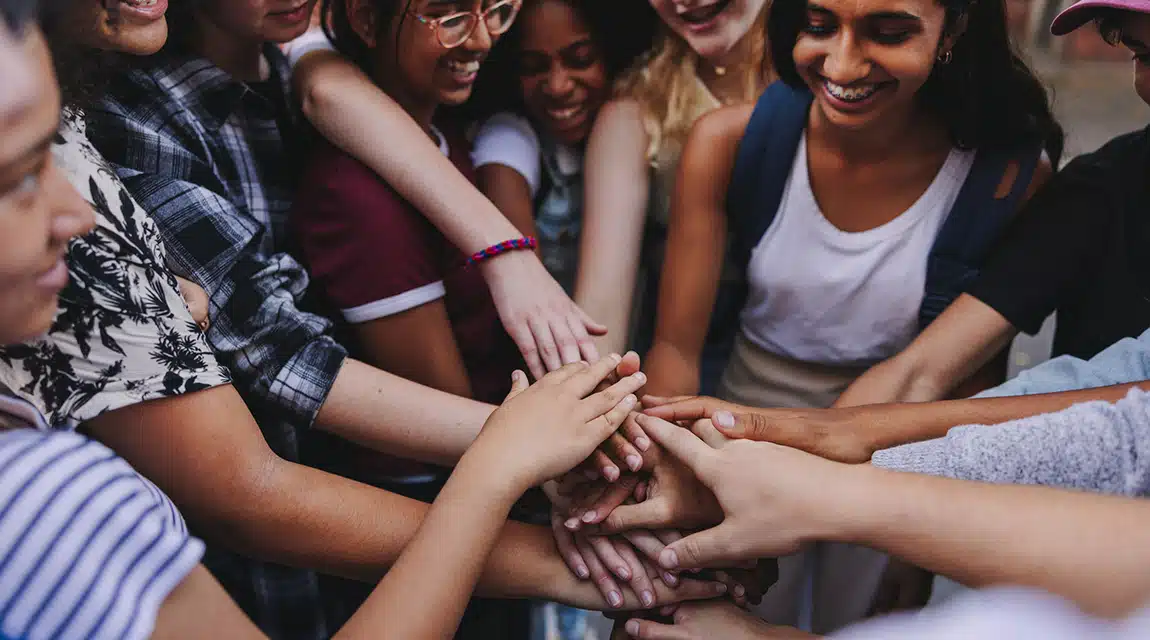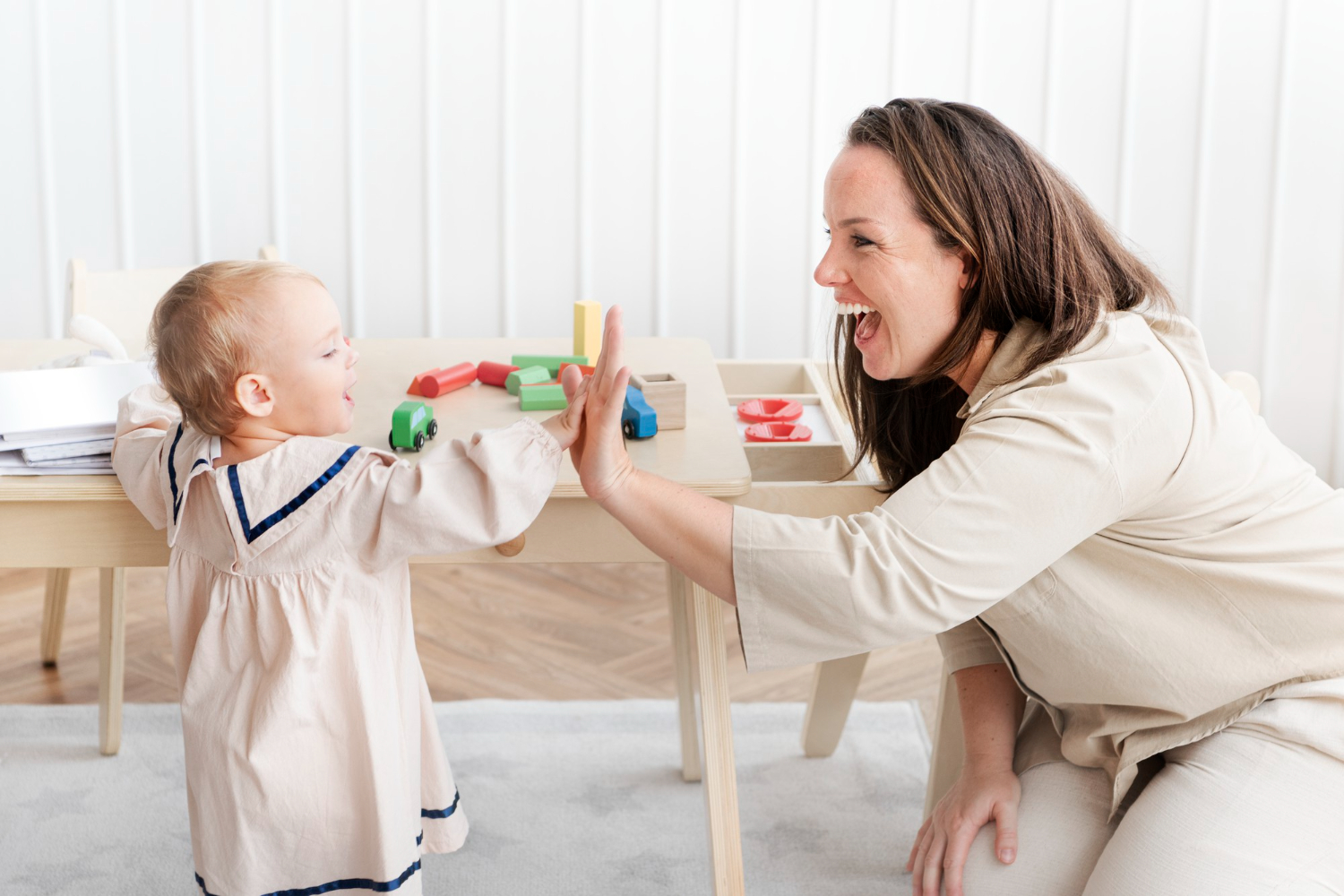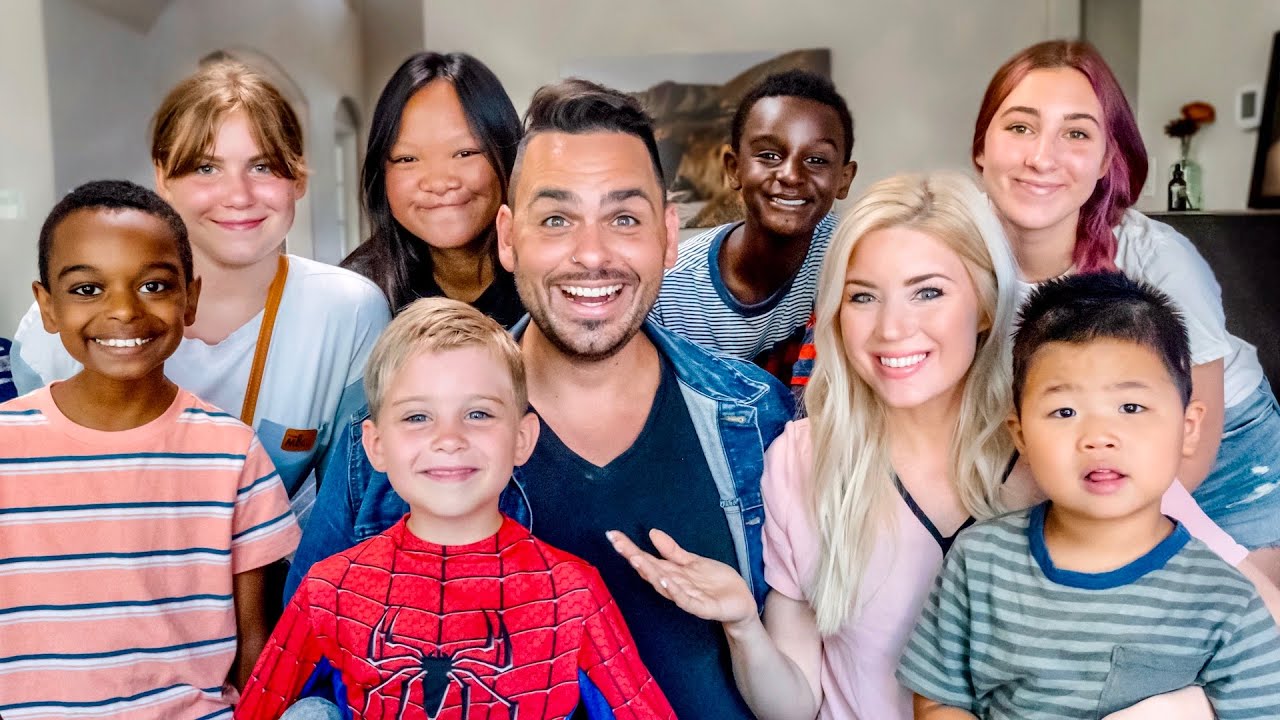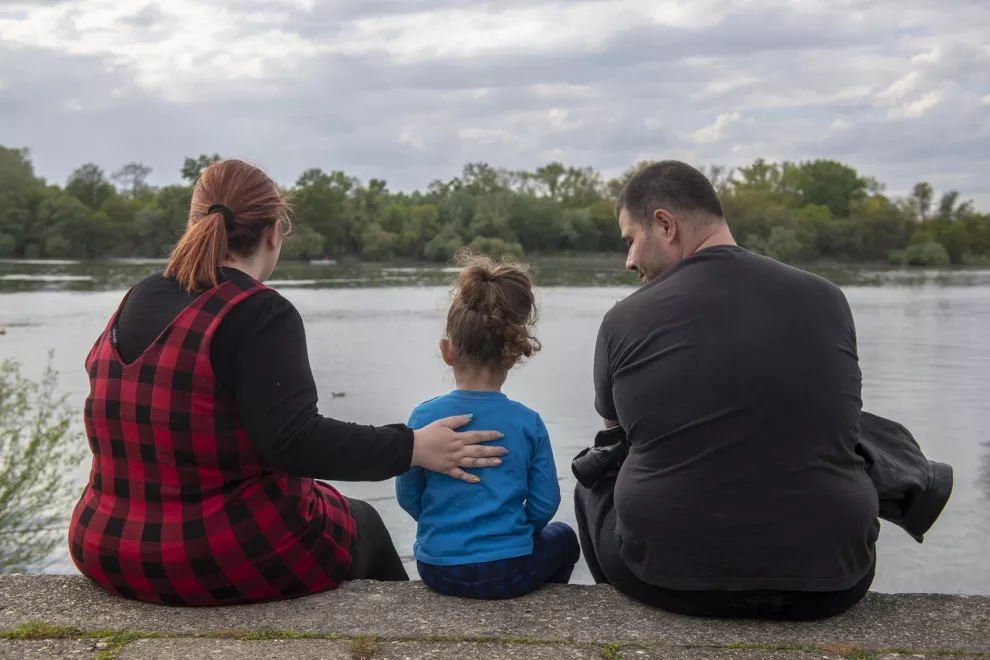What Does Healthy Teen Social Life Look Like?
To have a healthy teen social life, focus on creating genuine friendships based on trust and respect. Communicate openly and resolve conflicts constructively to strengthen relationships. Balance online and offline interactions for a well-rounded social experience. Engage in diverse activities like community service or sports to broaden horizons and enhance social skills. Setting boundaries and practicing self-care are essential for maintaining positive relationships and personal well-being. These elements contribute to emotional health and personal growth during adolescence. Remember, nurturing these aspects can lead to a fulfilling and enriching social life.
Key Takeaways
- Building trust through open communication and respect.
- Balancing online and offline interactions for a well-rounded social life.
- Seeking peer support for emotional well-being.
- Engaging in diverse social activities for personal growth.
- Setting boundaries, practicing self-care, and respecting personal space.
Importance of Healthy Friendships

Having healthy friendships during your teenage years is essential for your overall well-being and social development. Positive influences and healthy boundaries are key elements that contribute to forming supportive connections and genuine friendships.
Surrounding yourself with friends who uplift and encourage you can have a significant impact on your self-esteem and emotional resilience. Genuine friendships are built on trust, respect, and mutual understanding. These relationships provide a safe space for you to express yourself authentically and feel accepted for who you are.
Healthy friendships also play an important role in helping you navigate the challenges of adolescence. Having friends who share similar values and interests can provide a sense of belonging and companionship during this pivotal phase of life. Additionally, these connections can offer emotional support, advice, and different perspectives, helping you develop essential social skills and empathy.
Communication and Trust in Relationships
When it comes to healthy relationships, open communication skills and building trust together are key factors.
By openly expressing your thoughts and feelings, you create a safe space for honest conversations.
Trust is nurtured through transparency, active listening, and showing empathy towards one another.
Open Communication Skills
Establishing open communication skills is essential for building trust in relationships, allowing for meaningful interactions and understanding between individuals.
Active listening plays a pivotal role in fostering open communication. By actively listening to others without judgment and showing genuine interest in their thoughts and feelings, you demonstrate respect and create a safe space for honest conversations.
Conflict resolution is another key aspect of open communication skills. Being able to address disagreements calmly and constructively, focusing on finding solutions rather than escalating arguments, can strengthen relationships and build trust.
Developing these skills takes practice and patience. It’s important to remember that effective communication is a two-way street. Encourage open dialogue by expressing your own thoughts and emotions honestly while also being receptive to what others have to say.
By fostering an environment where everyone feels heard and understood, you can cultivate deeper connections and build trust in your relationships.
Building Trust Together

To foster strong and healthy relationships, effective communication and trust are essential components that form the foundation of your interactions with others.
Trust is built on the principles of mutual respect and honesty. When you engage in open and honest conversations, you create a safe space for vulnerability and understanding to flourish. Trust isn’t just about keeping secrets but also about being reliable, consistent, and supportive in your relationships.
Building trust together requires active listening and showing empathy towards others. It involves being transparent about your thoughts and emotions while also being receptive to those of others.
Balancing Online and Offline Interactions
As a teen, it’s essential to balance your time spent online and offline. Remember to prioritize your safety by following online safety tips and being cautious about sharing personal information.
Additionally, don’t underestimate the importance of real-life connections and face-to-face interactions for your overall well-being.

Online Safety Tips
When exploring the online world, it’s crucial to maintain a balance between your virtual interactions and your offline life for a healthy teen social life.
To guarantee your safety online, start by adjusting your privacy settings on social media platforms. This simple step can help prevent unwanted individuals from accessing your personal information. Additionally, be cautious about the information you share online, as oversharing can make you vulnerable to potential risks.
Cyberbullying is a prevalent issue in the digital age. To prevent cyberbullying, avoid engaging in negative interactions online and report any instances of harassment to the appropriate authorities. Remember that cyberbullying is never acceptable, and seeking support from trusted adults or counselors can help you navigate through such situations.
Real-Life Connection Importance
Maintaining a healthy balance between your online interactions and face-to-face connections is vital for fostering a well-rounded social life as a teenager. While connecting with friends through social media and messaging apps can be convenient, nothing quite replaces the value of face-to-face interactions. Engaging in real-life conversations allows for deeper emotional connections, better communication skills, and the ability to read non-verbal cues.
Community involvement is another essential aspect of building a robust social life. By participating in local events, clubs, or sports teams, you can expand your social circle, develop a sense of belonging, and contribute positively to your community. Additionally, opportunities for youth leadership and volunteer work not only enhance your interpersonal skills but also provide a sense of fulfillment and purpose.
Balancing online and offline interactions ensures that you develop a well-rounded social life that’s rich in both virtual and real-world experiences. By prioritizing face-to-face connections and community engagement, you can cultivate meaningful relationships and make a positive impact on the world around you.
Peer Support and Emotional Well-Being

Having supportive friends can greatly influence your emotional well-being during your teenage years. Group therapy can be beneficial as it provides a safe space to share experiences and learn coping strategies. Developing emotional intelligence is key in understanding and managing your feelings effectively.
Empathy plays an essential role in peer support, enabling friends to understand and validate each other’s emotions. When friends show empathy, it fosters a sense of connection and belonging, which can boost your emotional well-being. Coping strategies such as deep breathing, journaling, or talking to a trusted friend can help you navigate challenging emotions with support from your peers.
Building strong relationships with friends who offer genuine support and understanding can positively impact your mental health. It’s important to surround yourself with friends who uplift you, listen without judgment, and provide comfort during difficult times.
Engaging in Diverse Social Activities
Engaging in a variety of social activities can broaden your perspectives, enhance your social skills, and promote a sense of belonging and connection within your peer group.
Participating in outdoor adventures like hiking or camping not only keeps you active but also fosters teamwork and problem-solving skills.
Community service activities, such as volunteering at a local shelter or organizing a charity event, allow you to give back to your community while building empathy and compassion.
Art workshops provide a creative outlet for self-expression and can boost your confidence in sharing your ideas with others.
Sports tournaments not only keep you physically fit but also teach you about discipline, teamwork, and good sportsmanship.
These diverse activities expose you to different interests and personalities, helping you develop a well-rounded social life.
Setting Boundaries and Self-Care Practices
To ensure a healthy teen social life, prioritizing setting boundaries and practicing self-care is essential. Healthy boundaries are necessary for maintaining positive relationships and protecting your well-being. It’s important to communicate your limits openly and assertively, allowing you to feel respected and understood by your friends and peers. Remember, setting boundaries isn’t selfish; it’s a necessary part of self-care.
Self-care practices are equally important in nurturing a healthy teen social life. Taking time for yourself, engaging in activities that bring you joy, and prioritizing your mental and physical health are all key components. Respectful communication plays a significant role in this process as well. Remember to communicate your needs effectively and listen to the needs of others with empathy and understanding.
Additionally, recognizing the importance of personal space is crucial. Understanding when to give yourself and others space can prevent misunderstandings and promote healthier relationships. By setting boundaries, practicing self-care, and respecting personal space, you can cultivate a positive and balanced social life as a teenager.
Frequently Asked Questions
How Can Parents Encourage Healthy Social Interactions Without Being Overbearing?
To encourage healthy social interactions without being overbearing, you should offer parental guidance with clear boundaries. Encourage peer support while fostering independence. Listen actively, provide opportunities for socializing, and trust your teen’s judgment while offering support and guidance when needed.
What Role Do Extracurricular Activities Play in a Teen’s Social Life?
Team sports and community clubs offer chances for socializing and teamwork. Creative hobbies and volunteer opportunities foster personal growth and connections. Encouraging participation in these activities can enrich your teen’s social life and overall development.
Is It Normal for Teens to Have Conflicts Within Their Friend Groups?
Conflicts in friend groups are common among teens. Developing strong conflict resolution skills, understanding peer pressure, group dynamics, and enhancing communication skills are essential. Empathy, active listening, and compromise play key roles in resolving conflicts positively.
How Can Teens Navigate Social Media Pressures Without Feeling Overwhelmed?
Managing social media pressures can be tough, but setting online boundaries is essential. Seek peer support and prioritize mental wellbeing. Remember self-care is vital. Balance screen time with real connections. Your mental health matters.
What Are Some Signs That a Teen May Need Professional Help With Their Social Life?
If you’re feeling overwhelmed by social anxiety, depression, or isolation, seeking professional help is crucial. Signs like avoiding social situations, persistent sadness, or withdrawing from activities indicate that it’s time to reach out for support.
Conclusion
To sum up, a healthy teen social life involves building strong friendships based on communication and trust, balancing online and offline interactions, seeking peer support for emotional well-being, engaging in diverse activities, and setting boundaries for self-care.
By prioritizing these aspects of social life, teens can foster positive relationships, develop resilience, and maintain a sense of well-being during this important stage of development.
Remember, building a healthy social life takes time and effort, but the benefits are well worth it.

Hey there! 👋 I’m a proud mom and passionate writer, sharing my parenting journey. 📝 Join me as I navigate the ups and downs of motherhood, offering tips, advice, and a sprinkle of humor along the way. 🌟







